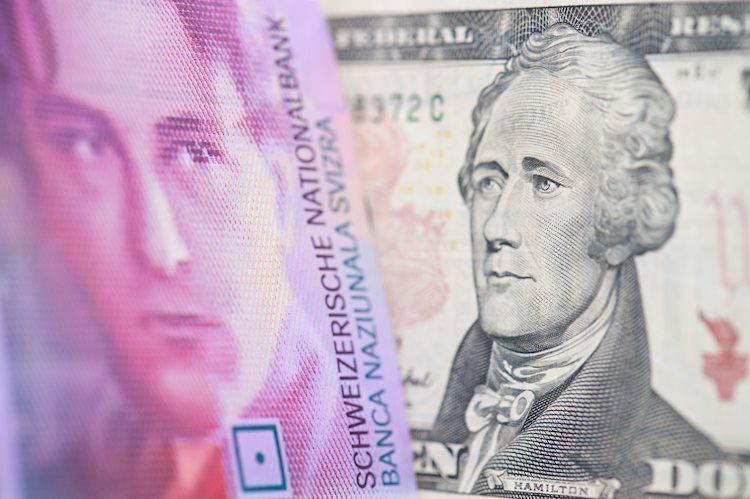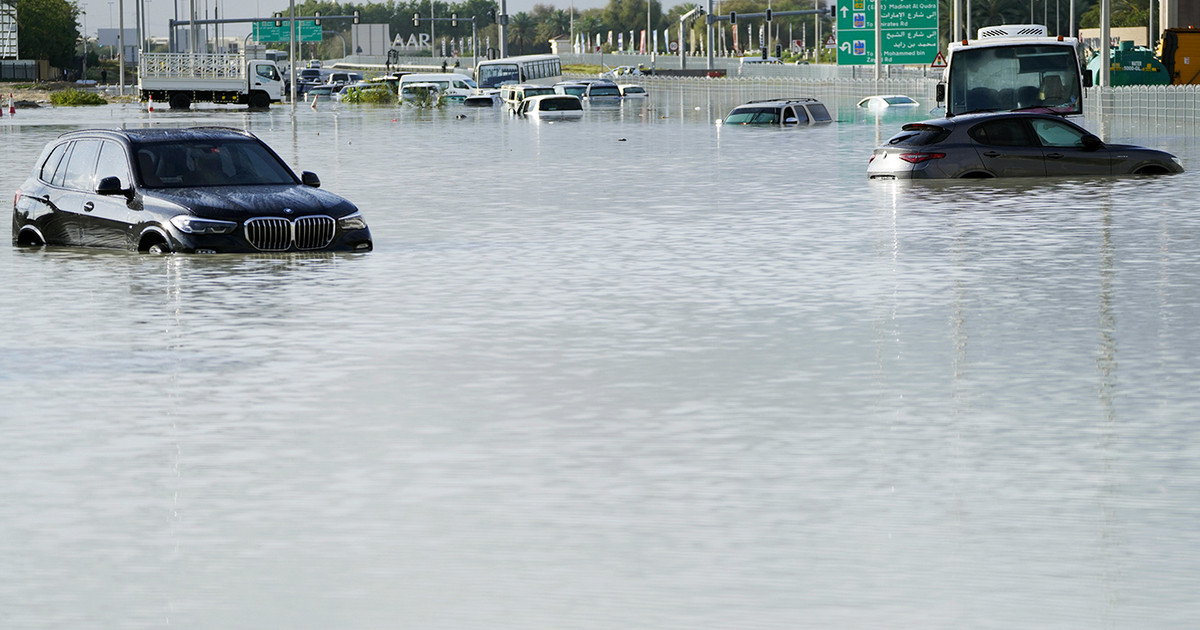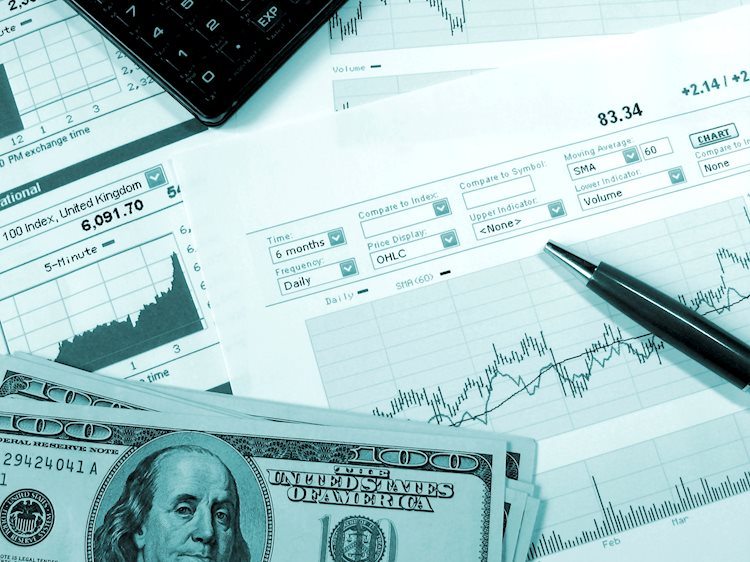The Gross Domestic Product (START) of Brazil for the third quarter will be released on Thursday (2), and the market is expected to enter the so-called “technical recession”.
The term refers to the situation in which the GDP — the sum of all the wealth produced in the country — for two consecutive quarters is negative. The GDP of the first quarter of 2021 grew 1.2%, but that of the second fell 0.1%. With that, a negative result encompassing July, August and September would place Brazil in this scenario.
For the experts heard by the CNN Brasil Business, even if the GDP result is positive, the variation would be small, which would actually show a scenario of economic stagnation.
The absence of economic growth in a scenario of high inflation — the 12-month accumulated advance to October is 10.67% — characterizes the call stagflation.
The current perspective is that this week’s result will corroborate this phenomenon, which is less serious than recessions like the ones in the 1990s or 2016, but still negative considering the recovery of the post-pandemic.
the path of GDP
The market’s expectation is that the GDP for the third quarter will be negative, something corroborated by the result of the IBC-Br, considered a preview of the indicator. The exact value of the drop, however, is still not consensual.
Claudio Considera, associate researcher at Ibre-FGV, says he expects a 0.1% drop in GDP compared to the previous quarter. “The economy has lost steam in the recent period, especially the services sector, which had an improving performance and began to fail early.”
Sergio Valle, a partner at MB Associados, is betting on a 0.3% decline. “It is an idea of stagnation because the drop in GDP would be small if it occurs, around zero. It’s more stagnation than recession.”
There are still those who are betting on a positive result, however small. This is the case of Yihao Lin, economist at Genial Investimentos, who expects an increase of 0.1%.
In all cases, however, there is a view that the Brazilian economy is showing signs of deceleration, and even stagnation. Vale considers that the scenario is different from the moments of recession, with more significant declines in GDP, but that there is a “lack of growth stimulus” that should also persist into the fourth quarter.
Considers says that the weak result of the GDP, whether positive or negative, is mainly associated with a loss of the population’s consumption power. This loss, in turn, is a consequence of the increase in the inflation, accompanied by a fall in household income in the period.
The acceleration of inflation is linked to a number of factors, among them the exchange rate devaluation, the rise in fuel prices, higher energy costs and a certain greater demand with the reopening of the economy.
Agribusiness will demand attention on Thursday, according to Vale, due to the potential negative impacts of the drought registered in the period. The most affected sector, however, is the services, which corresponds to about 73% of GDP.
the sector retreated in september, but Lin says that there was still some progress in the previous months, which supports the chances of the quarterly GDP being slightly positive.
For Considera, “it is important to look at household consumption thinking about services because today the impulses in the economy are for consumption. Investments are failing to leverage the economy”.
Vale claims that the withdrawal of investments, or its damming, is linked to current political and fiscal instabilities. “The government generated uncertainty regarding public spending, the exchange rate rising more and you mix that with election uncertainty. The investment is held back”. For Vale, the picture has no prospect of a solution.
Considers that the scenario for the fourth quarter to 2022 is still negative, as there is the prospect of continuing political instability, and consequently fiscal, as well as most of the effects of the recent hikes in the basic interest rate, the Selic rate, Central Bank hair.
“The Central Bank faces a dilemma: having to increase the rate due to inflation, but then bring the economy down even further,” he says.
Brazil’s performance
The Minister of Economy, Paulo Guedes, even stated at an event in November that Brazil had an economic growth “above average” global, but, according to Vale, last year the country fell more than the world average
“It was about 4% against 3% on average. This year the world should grow 6% and Brazil 4%. The world will grow 5% next year and Brazil less than 1%. It’s been three years with worse results, which shows the difficulty of the pandemic and of having a more conscious recovery”, says Vale.
It also considers that “Brazil’s performance is worse than in the rest of the world”, something linked to political and fiscal factors and the delay in vaccination.
According to the economist at Genial Investimentos, a positive aspect is the evolution of the labor market, with a certain level of job recovery, especially in the services sector, which shows that Brazil would not be exactly in a situation of recession.
“With the services sector boosting growth in the coming months with the reopening and a return to the pre-pandemic level, I don’t see a recessionary scenario, but a slowdown”, he says.
But, for Considera, the scenario of stagflation in Brazil is clear. “There are 15 million unemployed, double-digit inflation and a faltering GDP. We have already come from bad GDP results, and with the pandemic it got worse”.
“What is worrying is that in 2020 there was a strong recession. The stagnation now may last for 2022, so the pandemic has this stagnation that can last for three years, because the pandemic will still be present, see the Ômicron variant, which should bring turmoil around the world, disruptions in developed countries”, says Vale.
Depending on the benchmark, however, Brazil may not only be in stagflation, but also in recession. “The recession was dated in the first quarter of 2020 by Codace [Comitê de Datação de Ciclos Econômicos da FGV] and he hasn’t dated the exit until now”, states Considera.
“When you look at the issue of recession, you consider employment, inflation, a series of things, and so far there has been no talk of exiting the recession, it doesn’t matter whether there are two negative quarterly numbers in a row now or not, because the economy is stagnant.”
Reference: CNN Brasil
I am Sophia william, author of World Stock Market. I have a degree in journalism from the University of Missouri and I have worked as a reporter for several news websites. I have a passion for writing and informing people about the latest news and events happening in the world. I strive to be accurate and unbiased in my reporting, and I hope to provide readers with valuable information that they can use to make informed decisions.






